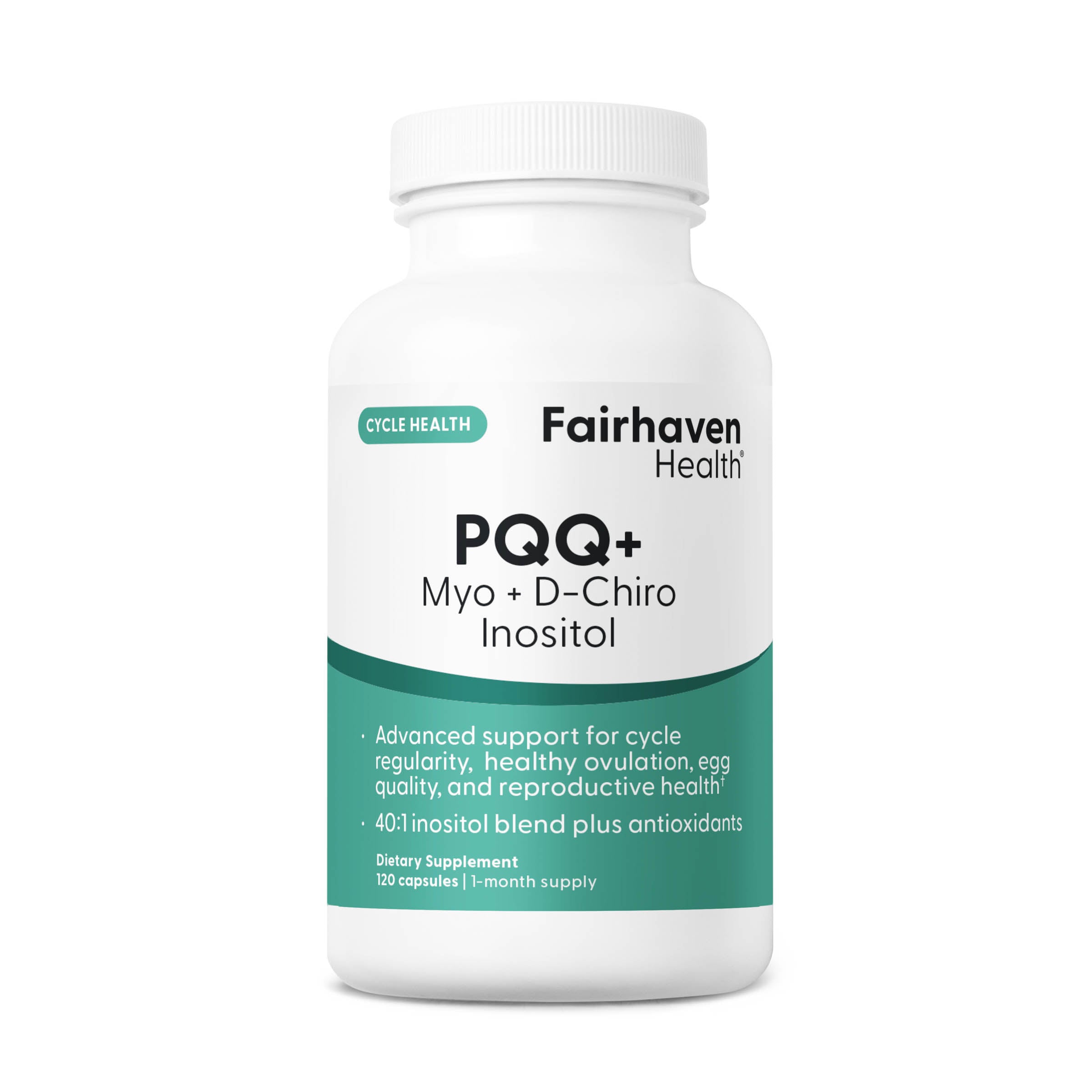A significant number of the women who experience issues with fertility also suffer from a medical condition known as Polycystic Ovarian Syndrome (PCOS). Unfortunately, PCOS affects as many as 1 in 5 women of reproductive age, and most of these women will have difficulty becoming pregnant. Many women who are diagnosed with PCOS have multiple, small cysts in their ovaries, which can lead to hormonal imbalances and cycle irregularity. But, the presence of cysts on the ovaries is just one of the signs of this syndrome. In fact, PCOS is characterized by a wide array of symptoms, including acne, weight gain, loss of hair, abnormal hair growth (typically seen on the face, back, or fingers), miscarriages, and sleeping problems.
While there is still much to learn about PCOS, it is now believed that the symptoms listed above, including the development of multiple cysts in the ovaries, appear when the ovaries are stimulated to produce excessive amounts of male hormones, particularly testosterone. And, what stimulates the ovaries to produce abnormally large amounts of male hormones? The answer: Insulin.
What exactly does it mean to be insulin resistant?
Insulin is a hormone that is produced by the pancreas and participates in the metabolism of carbohydrates, lipids, and proteins. On the surface of each cell of the body there are insulin receptors, little doors that open and close to regulate the flow of glucose (the sugar that is used by your body's cells for energy) into the cell. These receptors, or doors, are activated by insulin. Women who have PCOS often have insulin receptors that do not function efficiently. This causes a condition known as insulin resistance, which forces the pancreas to produce more and more insulin to push glucose into the cells. These elevated insulin levels have the detrimental effects described above. It's estimated that anywhere from 30-50% of women with PCOS experience insulin resistance.
How is insulin resistance controlled?
Recently, I've seen quite a bit of discussion surrounding the benefits (or lack thereof) of taking the prescription medication known as Metformin for PCOS and insulin resistance. Metformin is a drug used to help control blood glucose in three ways; it decreases the absorption of dietary carbohydrates through the intestines, it reduces the production of glucose by the liver and it increases the sensitivity of muscle cells to insulin. Simply stated, it lowers insulin, glucose, and testosterone levels, which results in a decrease in the symptoms associated with PCOS. Therefore, addressing insulin resistance helps many women with PCOS restore cycle regularity and increase their chances of conception.
There is also a large amount of information available about lifestyle changes that could help control insulin resistance. Weight loss has shown to be helpful for women that may be overweight - yet, weight loss can be more difficult for those with PCOS. The combination of dietary changes and more aerobic exercise has been shown to help even if weight loss is not achieved. What dietary changes are most helpful? Eliminating high glycemic carbohydrates such as refined sugars, white bread, and refined corn and potato products and incorporating high-fiber foods (whole grain bread and brown rice) and non-starchy vegetables (broccoli, asparagus, green beans, etc) is recommended.
For women with PCOS that are trying-to-conceive, herbal supplements (such as, FertilAid for Women) can help to restore hormonal balance and encourage cycle regulation.







